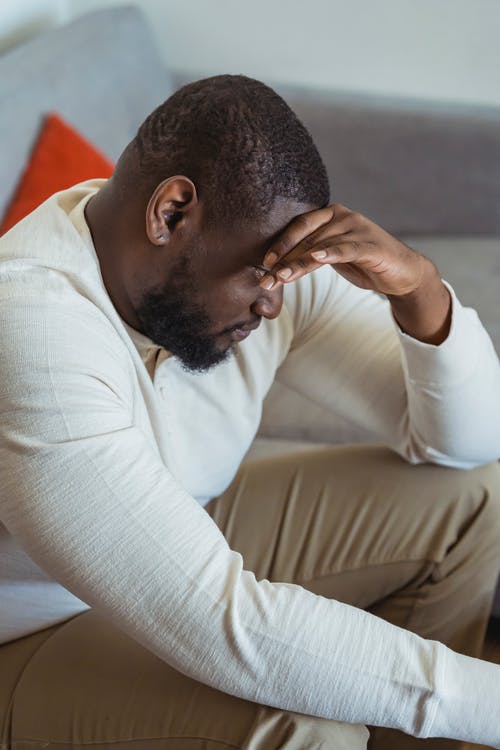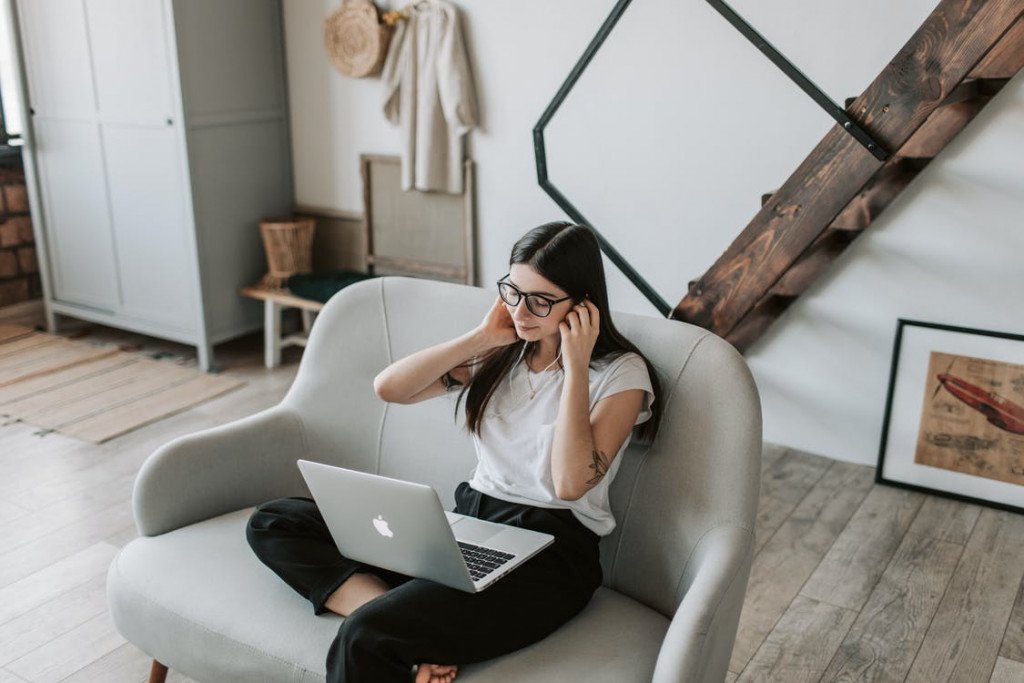With our current circumstances, is absolutely understandable that you may be experiencing some anxiety, lack of motivation and perhaps feeling a little more tired than usual. You may even find yourself experiencing waves of unpredictable emotions and some rather surprising mood swings.
According to the National Mental Health Commission, pandemic fatigue is considered a natural and expected reaction to sustained and unresolved adversity in people’s lives. It can evolve gradually over time and can be affected by a number of emotions, experiences and perceptions as well as the cultural, social, structural and legislative environment.
 What you might be feeling:
What you might be feeling:
Worn out and exhausted
Feeling hopeless
Losing motivation, including in your relationships
Muscle pains or body aches
Insomnia or sleeplessness
It is important during this time that we are approaching our emotions, our thoughts and our body sensations with openness, compassion and understanding.
Being in lockdown might feel draining. And with not as much flexibility with our social lives, we really need to consider the support networks we have around us in a different context. Taking and active role in managing our wellbeing during this time is very important as we may not have the people around us to pick up on, or prompt us, to see how we are coping. Being vigilant and proactive with checking-in on yourself is very important right now, and there are some very simple things that you can do to personally to check-in with yourself.
Use the touch points above as an inner compass to determine what direction you may need to go in to assist your wellbeing and when.
Print this great personal check in template here from Black Dog Institute
Emotional check in
Set a reminder on your phone or pop a time on your calendar for the same time each week for you to do a quick emotional check in. Ask yourself, “how stressed, anxious or down am I feeling?” give it a rating on scale from 0-10 (0 being not at all and 10 being extremely).
These scores might change from day to day or even hour to hour. And that is completely normal. The key is to be aware and make note if you notice the scores are continually increasing and remaining very high. If so, then it’s time to prioritise your mental health.
Physical check in
Take a moment to notice any tension in your body like tight shoulders, chest, or jaw. A body scan from the tip off your toes to the top of your head is a great way to do this. There are some great body scan meditations that you can find on youtube that can help you drop into your body.
If you are feeling stressed you might notice dryness of the mouth, difficulty breathing, and racing heart. You might also notice that you are feeling tired and exhausted. Or that your sleeping patterns have not been very consistent. Maybe you have been struggling to get to sleep or staying asleep. These are all signs of stress and overwhelm in the body and mind.
Mental check in
Are you always worrying about the worst-case scenarios? Wondering if things will ever get better or if you will be able to cope? These are all fear based anxiety responses derailing you from the present moment. Try minimising looping thoughts by bringing it back to the 5,4,3,2,1 method. Focus on:
5 things you can see
4 things you can touch
3 things you can hear
2 things you smell
1 thing you can taste
Behavioural check in
Challenges in our everyday lives can be a useful indicator of how we are coping. If you find yourself frequently snapping at those you love, finding it extremely difficult to focus, or always depending on things like alcohol or food to cope, it is time to prioritise your mental wellbeing.
Check-in buddy
Remember that you not in social isolation. And choosing a check-in buddy is a great way to stay social and for you to be honest with how you are coping. This may be your partner, housemate, or even a friend or colleague you’re keeping in touch with via video messaging.
What to do if you are not coping
The personal check ins above are a way for you to tune into what is happening for you in all of these areas. If you feel like you are not coping, here some things that you might want to consider:
Make a self-care plan
Draft a plan of action and enlist a supportive person to help you stick to it.
Print this great self care template here from the Black Dog institute.
Include more activities to help reduce your anxiety
- Try to do some physical activity or get some fresh air each day, based on the current rules you can still get out for daily exercise. Even just an hour of exercise a week has been proven to lower depression and anxiety.
- Try to do something that gives you a sense of pleasure and/or achievement each day. This could include eating a nice meal, reading a book, joking with friends, listening to music, tidying up around home, or work tasks.
- Notice when you are thinking in unhelpful ways. Ask yourself, ‘is there another, more helpful way I could think about this situation?’
Get professional help when you need it
Please reach out to a member of our team if you require assistance. We are here to support our community any way that we can.
Please call us on 9481 1166 or you can find a list of our current practitioners and their services in the ‘Our Team’ tab above in the menu or simply click here.
Resources :
Black Dog Institute
National Mental Health Commission


